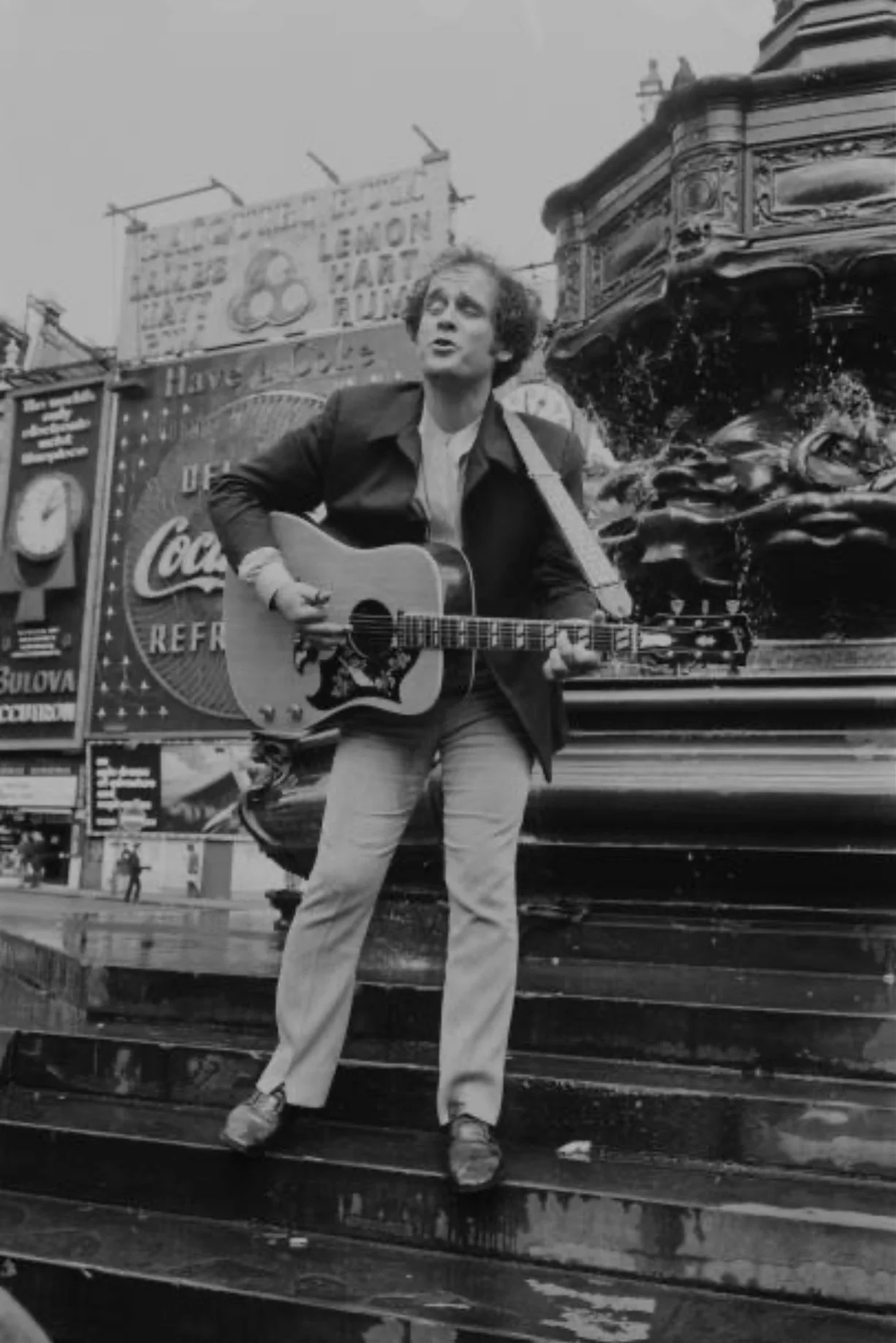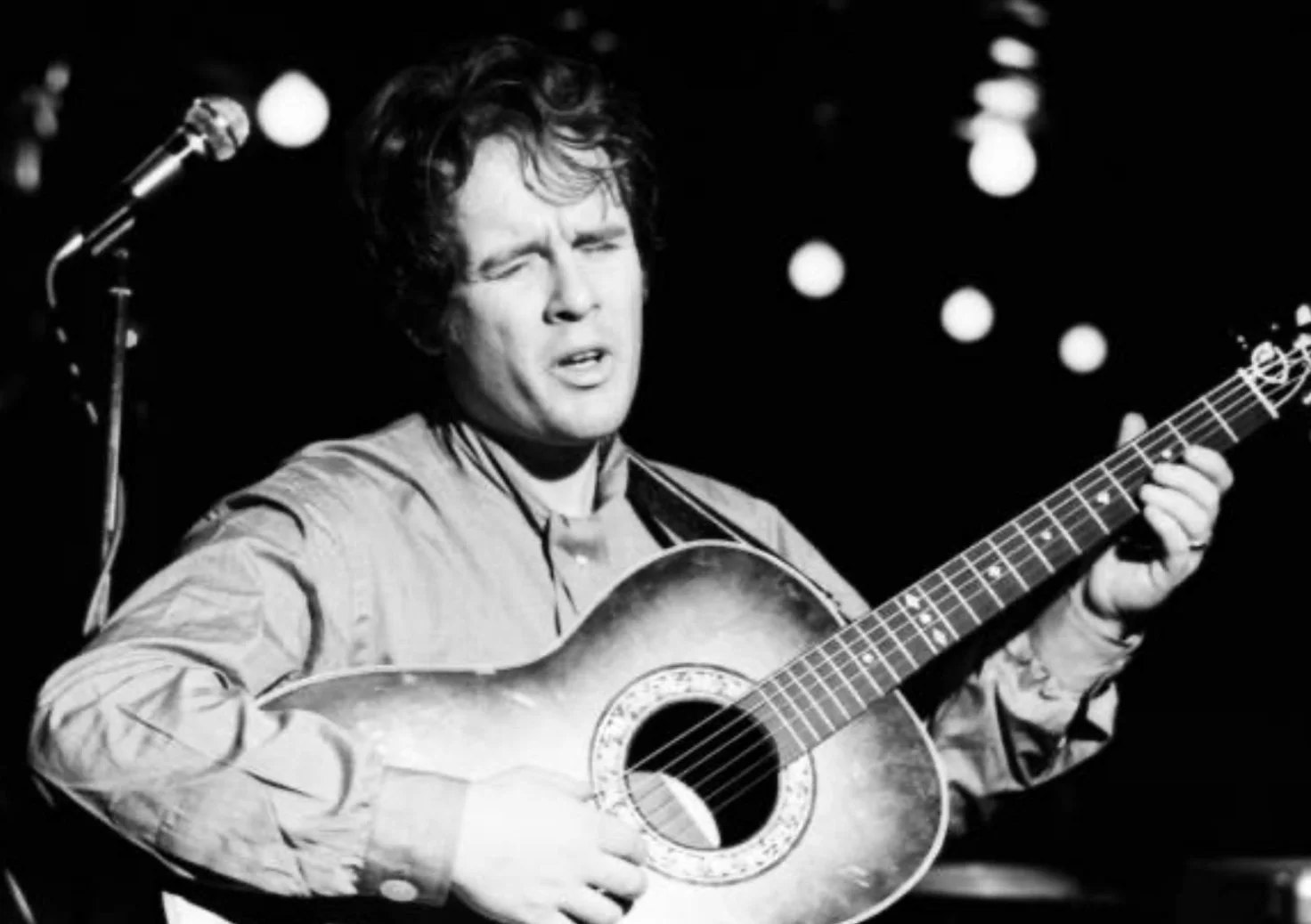Images may be subject to copyright
On this day, 19 July 1968, American folk music and blues singer-songwriter and guitarist Tim Hardin played Cardiff’s Sophia Gardens.
Hardin was admired for his singing voice, described by a Los Angeles Times reviewer as "a voice which quavers between the tugs of the blues and the tender side of joy. He can sing nasty, but his forte is gentle songs whose case allows him to slip and slide through a rainbow of emotions." However, Hardin said in another interview: "I think of myself more as a singer than a songwriter and always did. It happened to be that I wrote songs. I’m a jazz singer, really, writing in a different vocabulary mode but still with a jazz feel. I don’t ever sing one song the same way. I’m an improvisational singer and player.”
He recorded "Black Sheep Boy" in 1966, a song about his drug use and the alienation from his family. Bobby Darin, Ronnie Hawkins, Bill Staines, Joel Grey, Scott Walker, and Don McLean recorded cover versions of the song.
In 1967, Verve released Tim Hardin 2, which contained one of Hardin's most famous songs, "If I Were a Carpenter". That same year, Atco, a subsidiary of Atlantic Records, released an album of earlier material called This Is Tim Hardin, featuring covers of "The House of the Rising Sun", Fred Neil's "Blues on the Ceiling" and Willie Dixon's "Hoochie Coochie Man" as well as the original songs "Fast Freight" and "Can't Slow Down". The album's liner notes state that Hardin recorded the songs in 1963–1964, well before the release of Tim Hardin 1.
By 1967, after critical acclaim for Hardin's first album and the release of This Is Tim Hardin, a wide variety of artists were covering his songs and he was in demand to tour Europe and the United States. However, the quality of his work was in decline partly because of "his own combativeness in the studio, his addiction to heroin, his drinking problems and his frustration with his lack of commercial success". He began performing poorly and missing shows, reputedly falling asleep on stage at London's Royal Albert Hall in 1968. At the time, he was viewed as enigmatic, with one journalist stating that while "his position as one of the best songwriters of his generation is unquestioned ... [he] ... courted the scene in the most fumbling manner imaginable". The same writer noted Hardin's "uninspired stage presence" and seemingly ambivalent relationship with his audience, as he often ignored them, just singing "at times badly, at times beautifully ... somehow always fascinating". The tour was cut short after Hardin contracted pleurisy.












